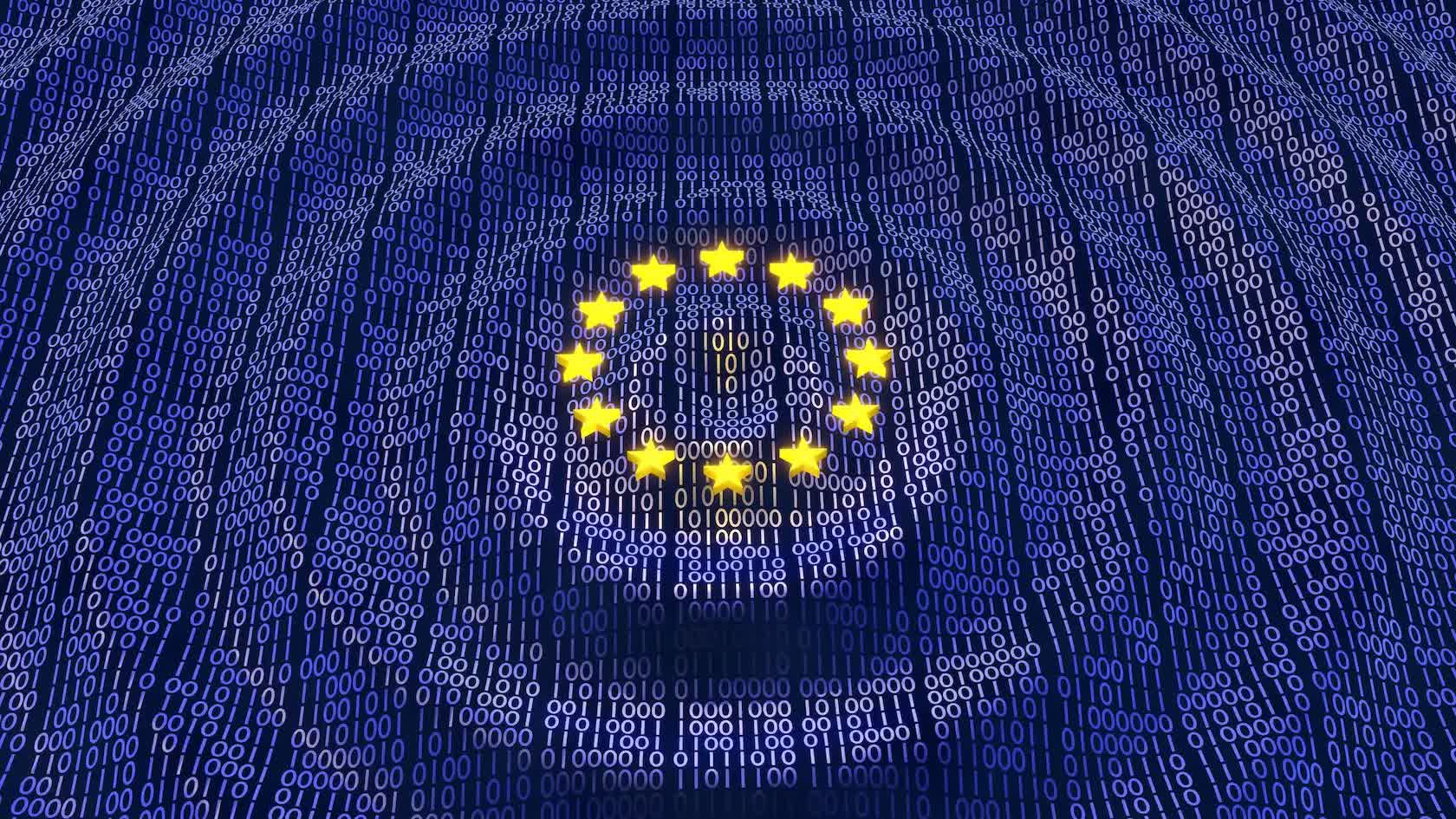
In brief: The European Union has come one step closer to passing a law that would apply sweeping new rules to the operators of the biggest tech platforms. One would force platform holders like Apple to let users download apps from third-party sources.
Last week, the European Council and European Parliament came to a provisional agreement on the Digital Markets Act (DMA). The agreement lays out definitions for digital “gatekeepers,” who would have to follow new rules regarding advertising, messaging apps, and digital storefronts.
The DMA defines a gatekeeper as a platform with an annual turnover of at least 7.5 billion Euros (around $8.2 billion) within the last three years or a market valuation of 75 billion Euros (around $82 billion). The company must also have at least 45 million monthly end-users in the EU, 10,000 EU business users, and control of at least one “core platform service” in three or more EU countries.

Any platform falling under that definition would have to let users install software outside the platform operator’s official app store, whether through sideloading or third-party storefronts. Google already allows sideloading on Android devices. Apple has fiercely defended iOS’s walled garden since it entered a lengthy legal battle with Epic Games, wherein Epic has argued for allowing sideloading on iOS.
Platform holders like Google and Apple would also be required to allow for alternate payment methods under the DMA, which is already starting to happen due to legislation in countries like the Netherlands and South Korea. Additionally, they would not be allowed to use personal data for targeted advertising without users’ express consent. Another provision says the biggest messaging apps like iMessage, Whatsapp, or Facebook Messenger would have to feature some level of interoperability with smaller messaging apps.
The DMA will become law if the EU Parliament and Council approve it after legal checks, with the new rules applying six months later. Violations of the DMA could result in fines of 10 percent of a gatekeeper’s annual global turnover. Repeat offenses could result in 20 percent fines or a temporary ban from acquiring other companies.